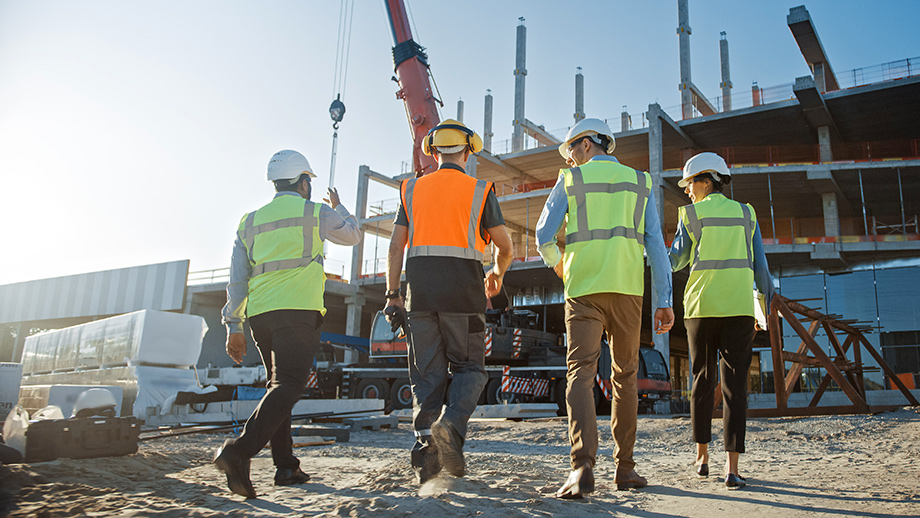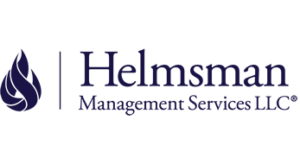
Maintaining an accurate valuation of your business’ property can help you avoid financial hardships in a claim situation. In this article, we’ll explore the reasons for shifting property valuations, along with the benefits of regular, accurate property valuations.
Construction woes impact property valuation
Building materials and labor costs tend to rise slowly over time, which plays a role in property valuation. And while construction costs increased an average of 3% per year over the last decade, the turbulent events of 2020 and 2021 — including COVID-19, inflation, supply chain issues, and labor shortages — have led to rapid increases in costs.
As a result, a building valued at $1 million five years ago could easily cost 20% more to replace today. For example, from December 2020 to December 2021, the cost of the following products skyrocketed:
- Steel mill products: +120.9%
- Fabricated structural metal products: +43.8%
- Concrete products: +8.4%
- Precast concrete: +11.6%
- Plastic pipes: +57.3%
- Roofing materials: +9.8%
- Glass: +9.0%
In addition to the increase in building costs, contractors are struggling to find skilled workers. According to the U.S. Chamber of Commerce, 92% of contractors report moderate to high levels of difficulty finding qualified workers, and 42% of contractors who cannot find workers have turned down work due to skilled labor shortages. The scarcity of workers and lack of available contractors for projects have driven up construction prices, making it more expensive to rebuild a property that has been damaged.
Supply chain issues that have caused inventory problems and delays for equipment purchases and repairs, are also contributing factors in higher construction costs. Items shipped from overseas are often delayed, and the cost of repairing or replacing items with new materials of a similar kind and at replacement cost value, have been key drivers of higher costs.
Beyond construction costs, there are other factors that can influence the valuation of your business property. For instance, the increased frequency and severity of weather activity can magnify the risk of loss.
For example, over the last several years, hurricanes have retained higher wind speeds further inland, and severe storms such as tornadoes are occurring more frequently in areas where they have not historically been as common. After such events, obtaining the right supplies for rebuilding can be a challenge. Business interruption — due to severe weather, pandemics, or other disruptions — must also be factored in.
Understanding replacement cost valuation
If a claim occurs and your current property value, which includes all the factors mentioned above, isn’t accurately stated in your policy, your business could struggle to quickly recover and resume operations. Using “replacement cost” valuation is a crucial way to keep your property from being underinsured. Unfortunately, many property owners simply don’t understand what a replacement cost valuation entails.
A replacement cost valuation differs from acquisition value or market value, which is the amount a buyer would pay to purchase a given property. It also differs from actual cash value, which is the depreciated value of the property. Simply put, replacement cost is the real-time expense to repair or replace a building with new materials of like kind and quality – without any deduction for depreciation. Replacement cost valuation results in the most accurate determination with the least amount of risk.
Regular property valuations help mitigate risks
The longer the time between valuation adjustments, the greater the difference between the replacement cost of your property and its current valuation. And while it’s always been important to check property values for accuracy, the recent market turbulence and shift in costs stresses the need for even more frequent reviews.
The longer the time between valuation adjustments, the greater the difference between the replacement cost of your property and the existing valuation.
The best way for you to ensure that your business property has the coverage it needs to recover from a loss is to schedule an annual property valuation with your insurance company. With the most accurate information readily available, you can better substantiate your claim and quickly get back to business as usual.
At Helmsman, we keep your business moving – even in the event of a loss
As a partner third-party administrator (TPA), our control and property engineering consultants are industry specialists with degrees and designations in engineering, safety, or risk control, as well as active players on various national safety committees. We understand the nuances of your business and can help you build a strong, more robust risk management program that includes regular property valuations.
Learn more about our property solutions.


